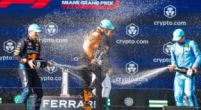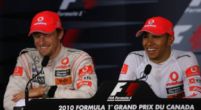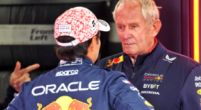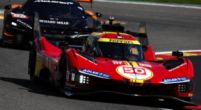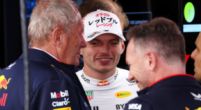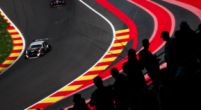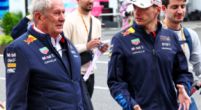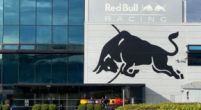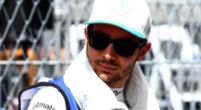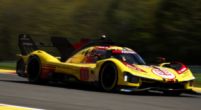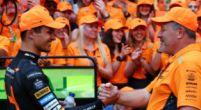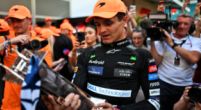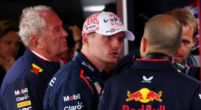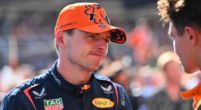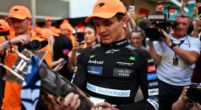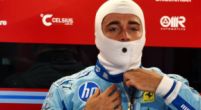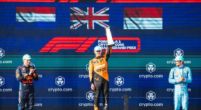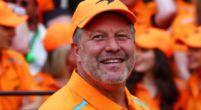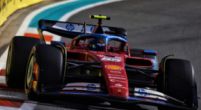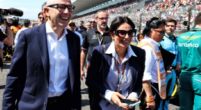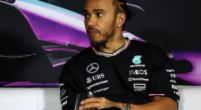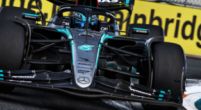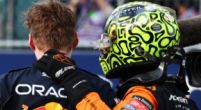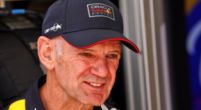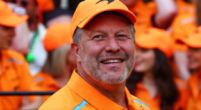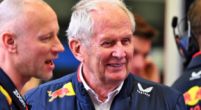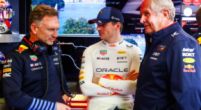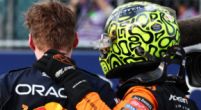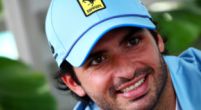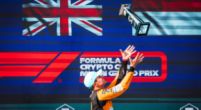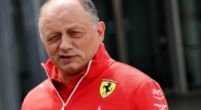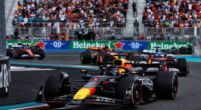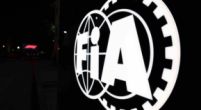F1 News
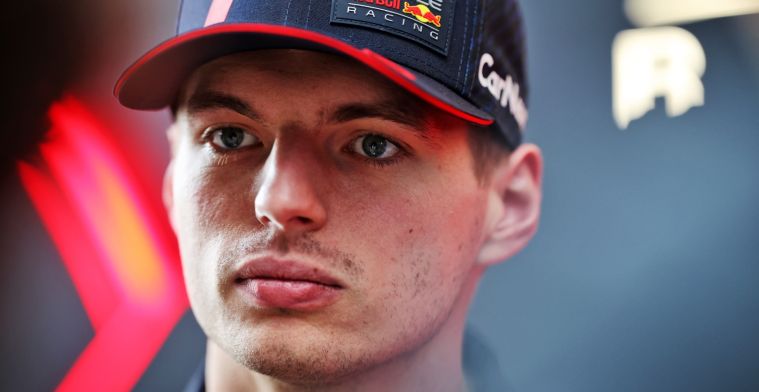
Verstappen warns: 'We can’t do without’
Max Verstappen won his 47th Grand Prix at Monza. The Dutchman managed to beat polesitter Carlos Sainz and crossed the line first after 51 laps. The two-time world champion had to make do with a moderate DRS effect, which meant overtaking the Spaniard was not easy. Formula 1 needs the DRS effect, argues the Red Bull driver.
In recent months, there have been increasing voices arguing that Formula 1 would be better off without the DRS. When cars are within a second of their lead car, they are allowed to flip open their rear wing, giving them a higher top speed and thus making it easier to pass their lead car. However, with the current generation of cars, a DRS train regularly arises, which causes drivers to drive in a line behind each other because their lead car has the same advantage.
Verstappen pleads for DRS retention
Abolishing the DRS would prevent that effect, but would also only make passing other drivers more difficult, according to Verstappen. "We need the DRS," the Dutchman argues. "No. I think at most tracks, we still struggle to follow or pass. At the beginning of the year, a lot of people were complaining about passing. Of course, we had the luxury of being a quick car, we could still pass like in Miami. I think everyone was complaining in Miami about the passing. I think the cars are getting more and more efficient and they have more downforce. So basically, it's harder to follow and then they're more efficient on the straight."
Perez and Sainz agree with Verstappen
Sergio Perez concurs with his teammate's words. "Less DRS is not the way forward. I remember we were discussing to actually increase the effect because the cars are getting harder to follow." Ferrari driver Sainz also shares the same opinion:"On 99% of the tracks, I think we're going to need DRS and we're going to need a powerful DRS because these cars from the beginning of the year, like Max said, it's starting to become a bit like 2021 or 2020 where it is difficult to follow."

